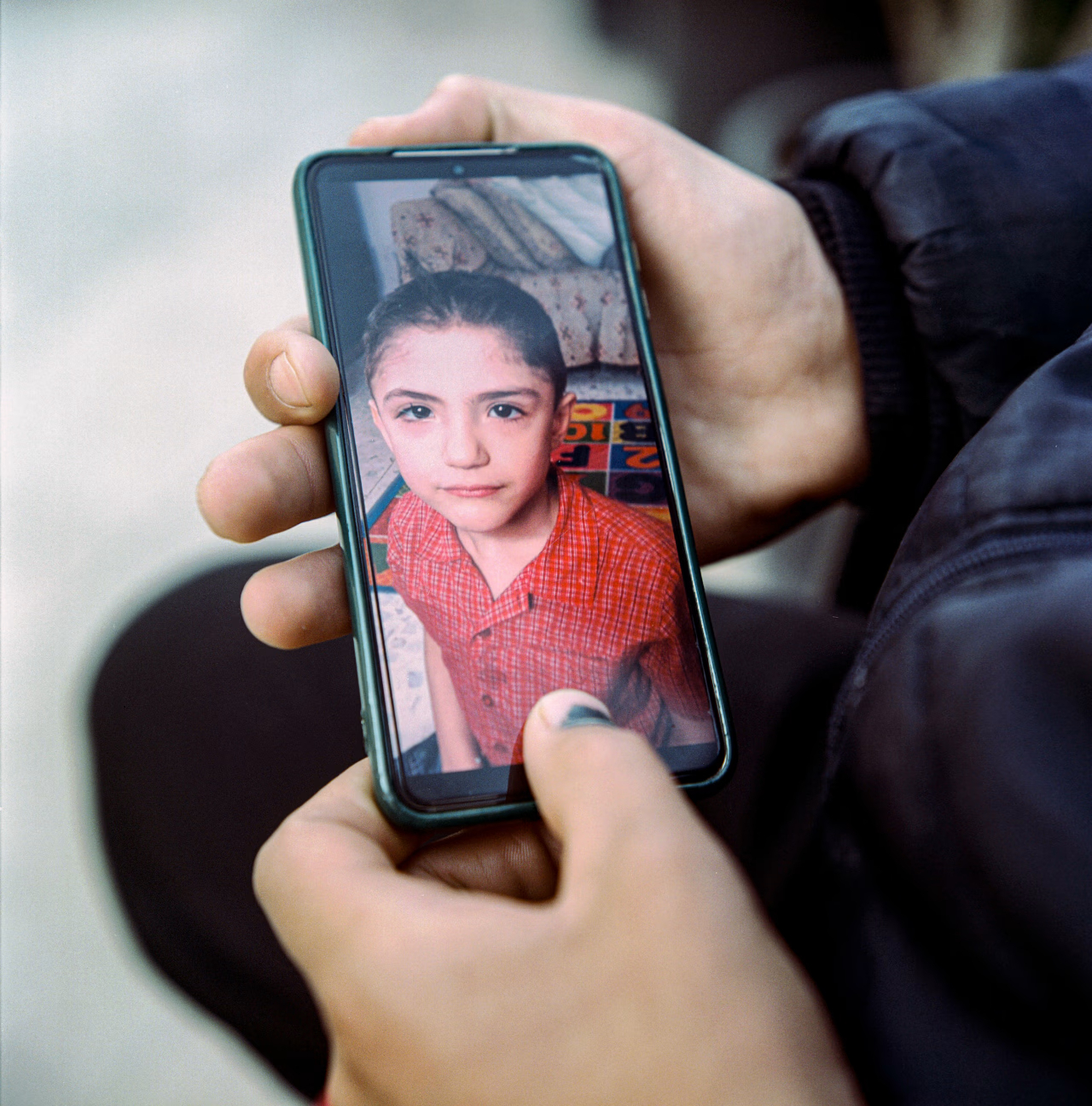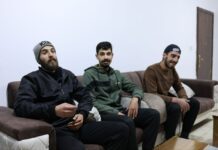
Hundreds of Syrian children were forcibly separated from their families and placed in regime-controlled orphanages during the over a decade long revolution, according to a Wall Street Journal investigation published Saturday. The report, based on leaked security documents and survivor testimony, reveals that the Assad regime used children as leverage against Syrian families, part of a broader campaign of repression between 2011 and 2018.
At least 300 children were transferred to orphanages between 2014 and 2018, according to the Journal, though as many as 3,700 remain unaccounted for after being detained or separated during mass arrests and raids. The investigation shows how state-run institutions were drawn into a coordinated system of disappearance, identity erasure and coercion.
A Family’s Vanishing and a Decade of Silence
Among the most haunting stories is that of the Yassin family. In 2013, security forces arrested Rania al-Abbasi—a dentist and former national chess champion—along with her six children. Her husband, Abdurahman Yassin, had been previously abducted and was tortured to death by the Assad regime. Photographs of his body were later among images smuggled out by a military defector.
For over ten-years, the family’s fate remained unknown. Recent efforts to locate the missing children has utilized AI-driven facial recognition, based on old videos from foster homes, and has hinted that the children may have been held in government-run facilities. One possible match involved a girl seen in a propaganda clip resembling Abbasi’s daughter Dima, though SOS Children’s Villages Syria denied the connection.
Institutional Complicity and Obstruction
SOS Syria confirmed that it received 139 children “without official papers” throughout the Syrian conflict. Though the organization called for an end to such referrals in 2018, most of the undocumented children were returned to regime authorities, with both their fates and identities left unknown. In at least one case, DNA testing ruled out a possible match for the Yassin family’s missing son Ahmad.
Documents suggest that transfers were authorized at the highest levels of the security apparatus. Saad al-Jabri, spokesperson for the Ministry of Social Affairs and Labor in Damascus, acknowledged the existence of directives ordering such actions, though he noted that many records lack official verification.
Baraa al-Ayyubi, director of the Dar al-Rahma orphanage, confirmed receiving detainees’ children but denied holding the Abbasi children. She added that she was barred from releasing identities by security orders.
A Long Road to Truth and Accountability
After the fall of the Assad regime, Syria’s transitional government pledged to investigate these human rights violations. In April, President Ahmad al-Sharaa announced the formation of the General Authority for Missing Persons. But experts warn that progress will be slow.
“The failure to resolve these cases perpetuates the root causes of violence,” said Catherine Bomberger, Director-General of the International Commission on Missing Persons. “Justice is not possible without truth.”
In the abandoned Yassin family home, Rania’s sister Naila found old notebooks. In one, little Najah had scribbled a message: “We will stay in Syria until you leave, Bashar.”








